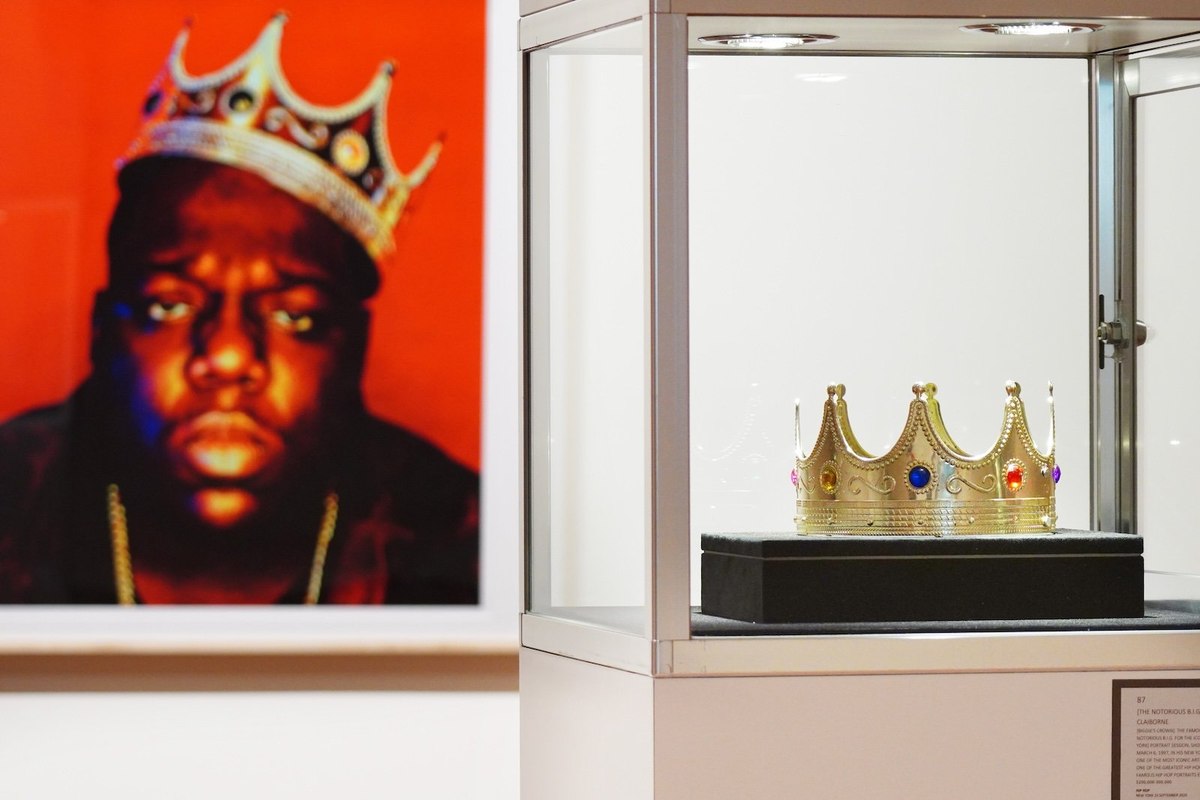
Luke Littler loses, but could he expand the audience for professional darts?
16-year-old Luke Littler recently reached the PDC World Darts Championship final – losing to world number one Luke Humphries at Alexandra Palace. Despite the loss, the story of his rise has brought renewed attention to a sport that doesn’t typically have the mainstream following of other competitions.
According to YouGov Profiles, 9% of Britons follow darts: which makes it more popular than sports like snooker (8%) or diving (3%)(2%), and rather less popular than sports like football (33%), tennis (17%), cricket (15%) or rugby union (15%). At present, it’s not even the most popular sport among darts fans: while 51% say they watch it on TV regularly, 67% say the same of football – and darts fans are six times as likely to have seen a football match live in the last 12 months as a darts match (37% vs. 8%).
This might well be a question of opportunity as much as interest, especially given that a peak of 3.7mn tuned into the PDC final. But looking at these fans demographically suggests there might be new audiences out there. Adult darts fans tend to be older: just 18% are aged 18-34 compared to 27% of the general sports-watching population, while 45% (vs. 40% of sports fans) are over 55.
So a homegrown wunderkind might well stoke interest beyond the sport’s current demographic – just as British talents like Ronnie O’Sullivan and Emma Raducanu have done before Littler. An emphasis on female players might do something similar: while sports fans are more likely to be male than female (60% vs. 40%), this skew is especially pronounced among those who say they follow darts (76% vs. 24%).
An uphill battle? Perhaps: YouGov Daily data suggests that 57% of Britons don’t like watching or playing the sport, and even in the wake of Littler’s loss, pundits like Lorraine Kelly and The Telegraph’s Oliver Brown were claiming that darts isn’t a real sport. But if the sport’s leaders make the effort to appeal to a younger, less overwhelmingly male audience, they might well hit the bullseye.
This article originally appeared in City A.M.


































